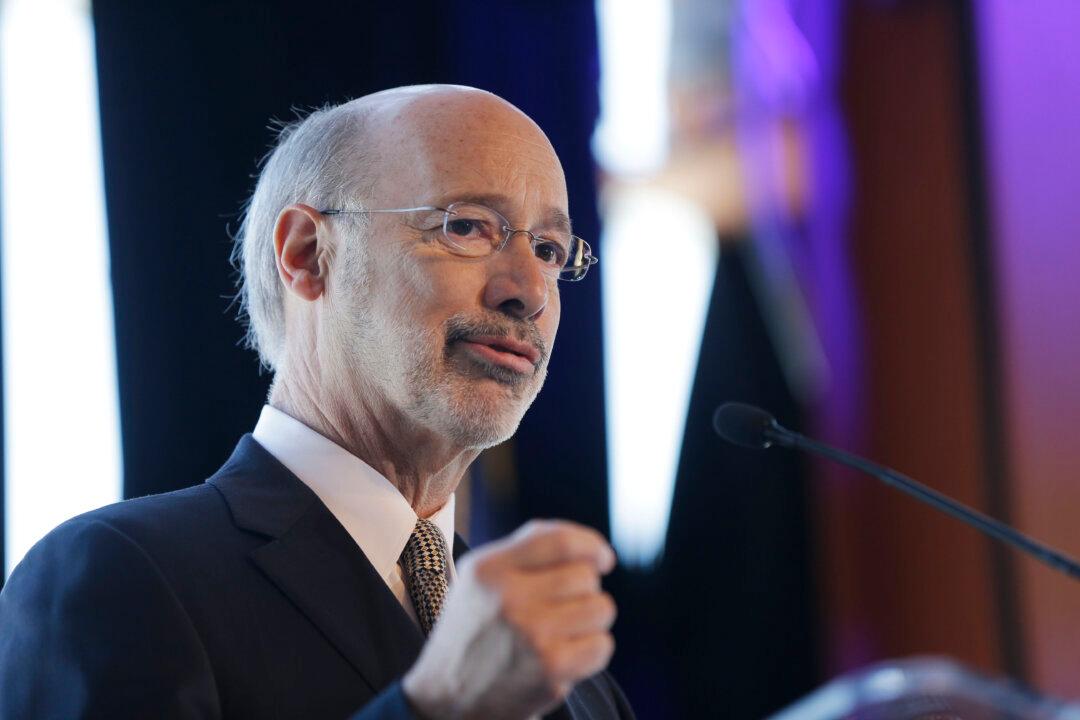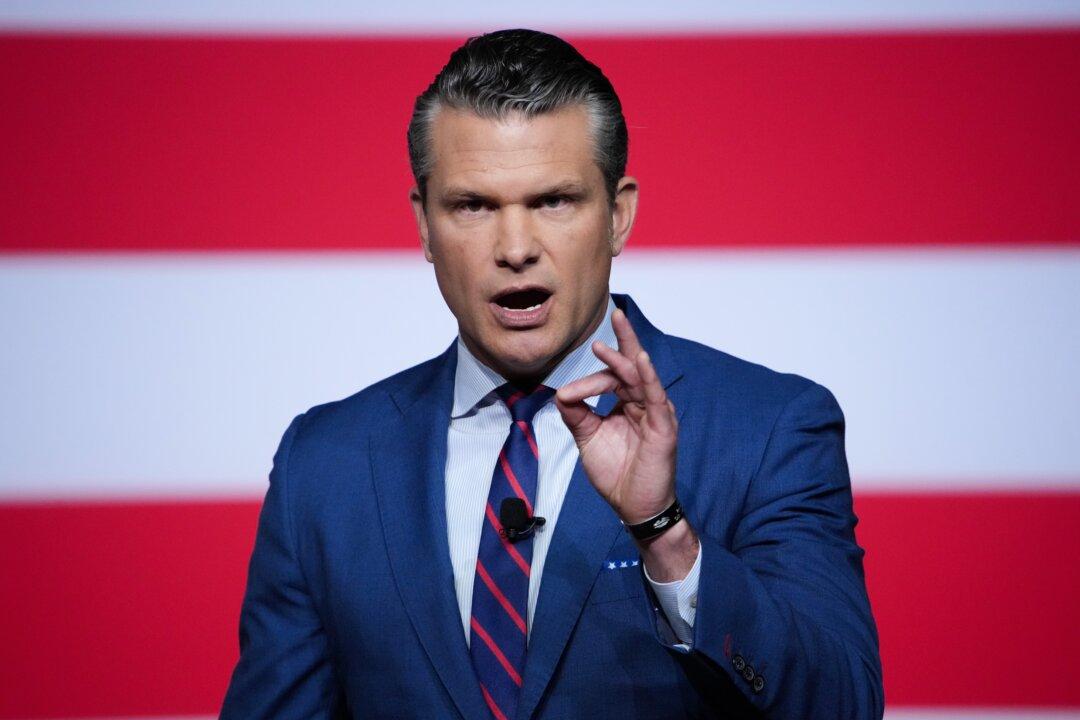After a media buzz circulated about 15 towns in upstate New York planning to secede from the state and join Pennsylvania, the Upstate New York Towns Association, Inc. (UNYTA), put out a press release to clarify their intentions.
UNYTA President Carolyn Price, says there are many things to carefully consider, not to mention the hurdles to overcome to get the whole thing approved.
The other New York association does not represent upstate in its decisions.
, Upstate New York Towns Association, Inc.





